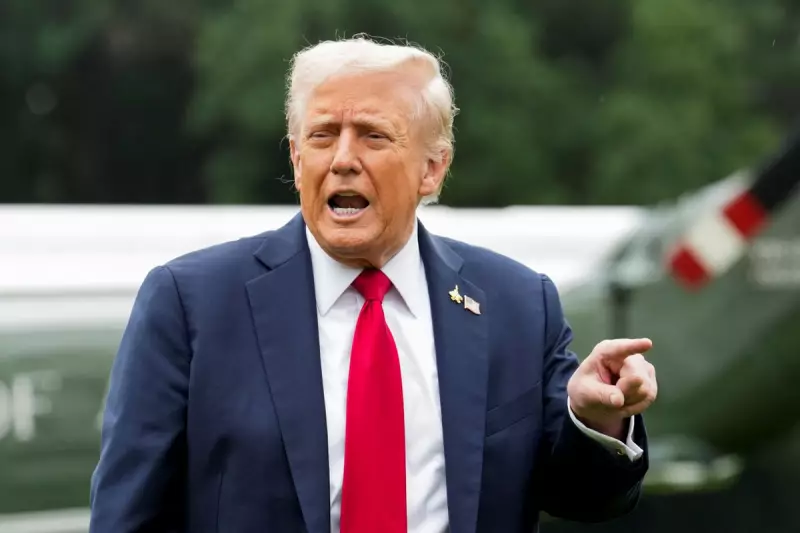
Startling revelations have emerged about Donald Trump's strategic blueprint for a potential second presidential term, with plans to deploy National Guard troops across American cities taking centre stage. The former president's controversial proposal would significantly expand executive power and test constitutional boundaries.
The Military Mobilisation Plan
According to documents obtained by The Independent, Trump's team has developed detailed plans to dispatch National Guard units to multiple metropolitan areas. This unprecedented domestic military deployment would represent one of the most dramatic uses of presidential authority in modern American history.
Constitutional Concerns Raised
Legal experts and civil liberties advocates have expressed alarm at the proposal, warning that it could violate longstanding principles governing military involvement in civilian affairs. "This represents a fundamental shift in how we view the role of the military in domestic politics," noted constitutional law professor Eleanor Vance.
Historical Precedents and New Territory
While previous presidents have occasionally deployed National Guard units for specific emergencies or natural disasters, Trump's plan appears far more extensive and politically motivated. The strategy would essentially position military personnel as a domestic law enforcement presence across multiple states simultaneously.
Political Fallout and Public Reaction
The revelation has sparked intense debate across the political spectrum, with supporters arguing for strong security measures and opponents decrying what they describe as authoritarian overreach. Public opinion appears deeply divided along partisan lines, reflecting the broader polarisation in American politics.
What This Means for Future Governance
Analysts suggest that implementing such a strategy could have far-reaching consequences for federal-state relations and the balance of power within the American political system. The proposal raises critical questions about:
- The limits of presidential authority
- State governors' control over their National Guard units
- Civil-military relations in a democratic society
- Protections against martial law scenarios
As the 2024 election approaches, these disclosures provide voters with crucial insight into the dramatic changes that might unfold under a second Trump administration, particularly regarding the relationship between military power and civilian governance.






